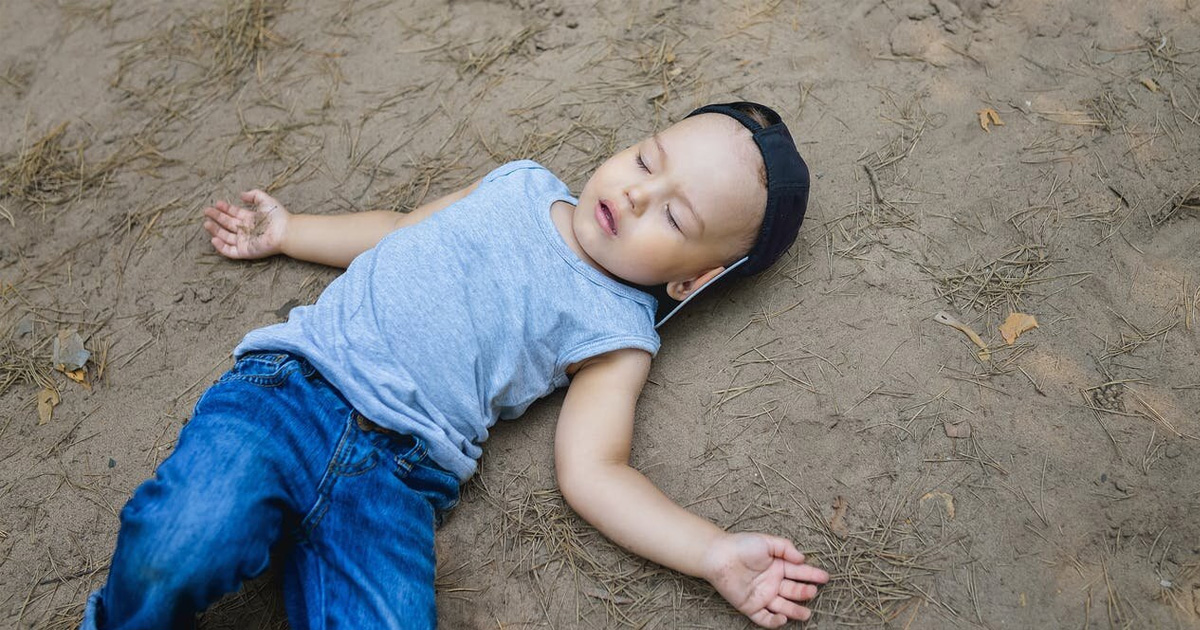1) What are Breath-holding spells? (BHS) At what age do they occur?
Ans: When a child between the age of 6 months – 6 years of life (most commonly upto three years of life) on crying holds their breath following which child may look pale/ blue and may lose his consciousness or can have a seizure com is called as Breath holding spell.
– These episodes may run in families.
2) What are the two types of spells?
Ans: The most common type is Cyanotic (85%) when the child’s lips & perioral area appears blue the second type is Pallid when the child looks extremely pale.
3) What investigations are required to establish the diagnosis?
Ans: We need to investigate the child to look for iron deficiency in blood and by an Electroencephalogram to look whether the child has any underlying epileptic and an ECG to rule out cardiac rhythm disorder.
4) Is it merely “attention-seeking” behavior by the child?
Ans: No. These spells are not intentional. They result due to an involuntary reflex and the child has no ability to control them. They might result from a delay in the maturation of brainstem centers.
5) How to manage such spells?
Ans: Lay your child on the floor. Keep him away from any hard/sharp object.
- Check your child’s mouth for food / object that may choke him if he passes out.
- Take to the doctor immediately if the child is not breathing or remains blue for longer than one minute.
6) Can these spells be prevented?
Ans: Parents can try to prevent their child from getting upset and use calm discipline methods to prevent him from crying.
7) How to cure these spells?
Ans: Your doctor will investigate appropriately and give medications to correct iron deficiency to cure these episodes.
8)Are these spells are life-threatening?
Ans: No. These spells may look life-threatening but actually are not. Simple measures & treatment can prevent these spells and parents should reassure themselves that these spells are not harmful and get their child investigated.
Even having a seizure doesn’t cause any long-term harm or put a child at risk for a seizure disorder.


